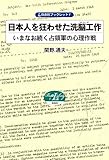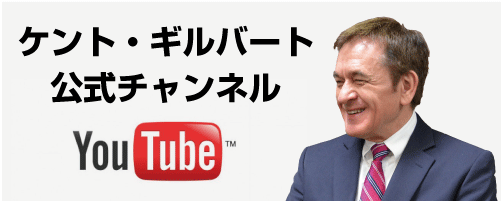ニッポンの新常識⑫ WGIPとプレスコード
Common Knowledge Revisited W.G.I.P. and the Press Code
http://www.zakzak.co.jp/society/domestic/news/20150425/dms1504251530001-n1.htm
In our last article, I mentioned that there was a War Guilt Information Program carried out by GHQ (the American occupation authorities) as a part of the occupation plan for Japan. It was a propaganda campaign to plant in the minds of the Japanese people a feeling of guilt over the war.
The first Japanese to talk about this was Jun Etoh, a conservative commentator. In his book “Room for Speech Closed,” which was published in 1989 by Bungei Shunju, he asserted that his work was based on an internal GHQ document. However, he died in 1999 without the internal document being made public.
I had heard something about the WGIP before, and judging from the postwar situation in Japan, was certain that such a policy was carried out. However, I was not able to pin down a primary source, and therefore have avoided discussing this topic.
However, modern and contemporary history researcher Michio Sekino diligently dug through the internal documents of GHQ. Unexpectedly, the public records detailing the WGIP were actually located in Japan. I was able to obtain the same documents, and I am now reviewing these English documents which are stamped “Confidential.”
I recommend that the readers of this column purchase “WGIP, the Indoctrination Program that Warped the Japanese: The Psychological Operations of the Occupation Forces Continue,” published by Jiyusha (540 yen). I have also read this book.
日本人を狂わせた洗脳工作 いまなお続く占領軍の心理作戦 (自由社ブックレット)/自由社
- ¥540
- Amazon.co.jp
GHQ controlled the information disseminated by radio and newspapers through censorship, and by various means carried out an indoctrination program designed to make Japanese think “Japan was the bad guy in the war,” “the allied forces taught the bad Japanese a good lesson,” or “patriotism is a bad thing that leads to war.”
A document promulgated on September 21, 1945 officially titled “”Rules for Japanese Newspapers” is usually called the “Press Code.” It is one of main elements of the WGIP. In order to control newspapers, etc., thirty prohibitions are listed, and the code provided that in the event of a violation of any of these prohibitions, the offending media company could have its sales prohibited. I feel that the Japanese media is still abiding by the Press Code.
For example, Prime Minister Shinzo Abe lists on his official blog the historical fact that the Japanese Constitution was drafted in English by employees of GHQ, and he has made statements to that effect in the Diet. However, the media ignores this, probably because it is prohibited by Article 3 of the Press Code. The media apparently doesn’t want the indoctrination of the Japanese people to be undone.
Incidentally, Article 28 prohibits “false reporting.” At first I thought that the media is not following this article, but on second thought, since GHQ forced them to publish all kinds of false information, maybe nothing has changed at all.
 新刊予約受付中:
素晴らしい国・日本に告ぐ!
新刊予約受付中:
素晴らしい国・日本に告ぐ!